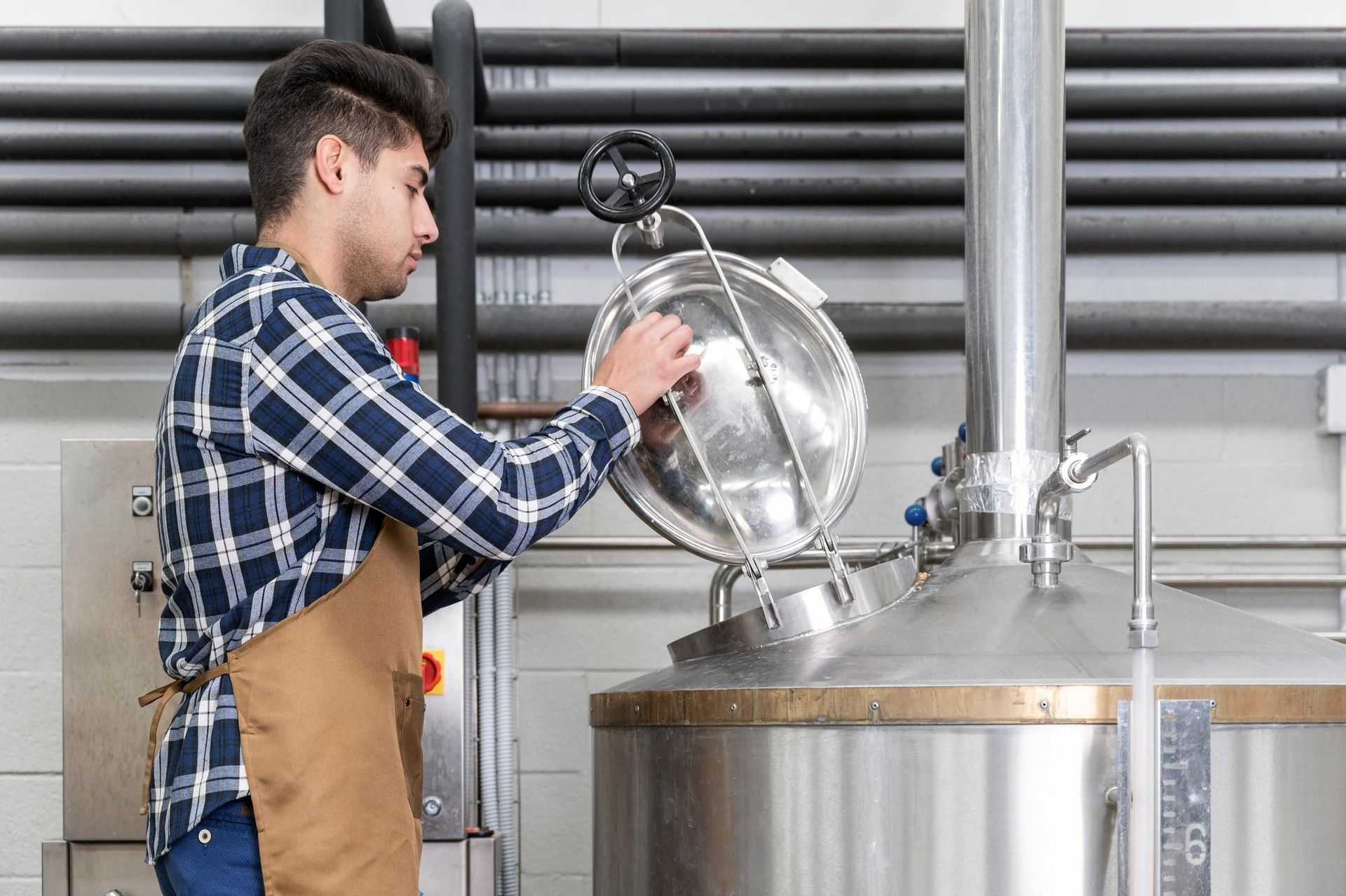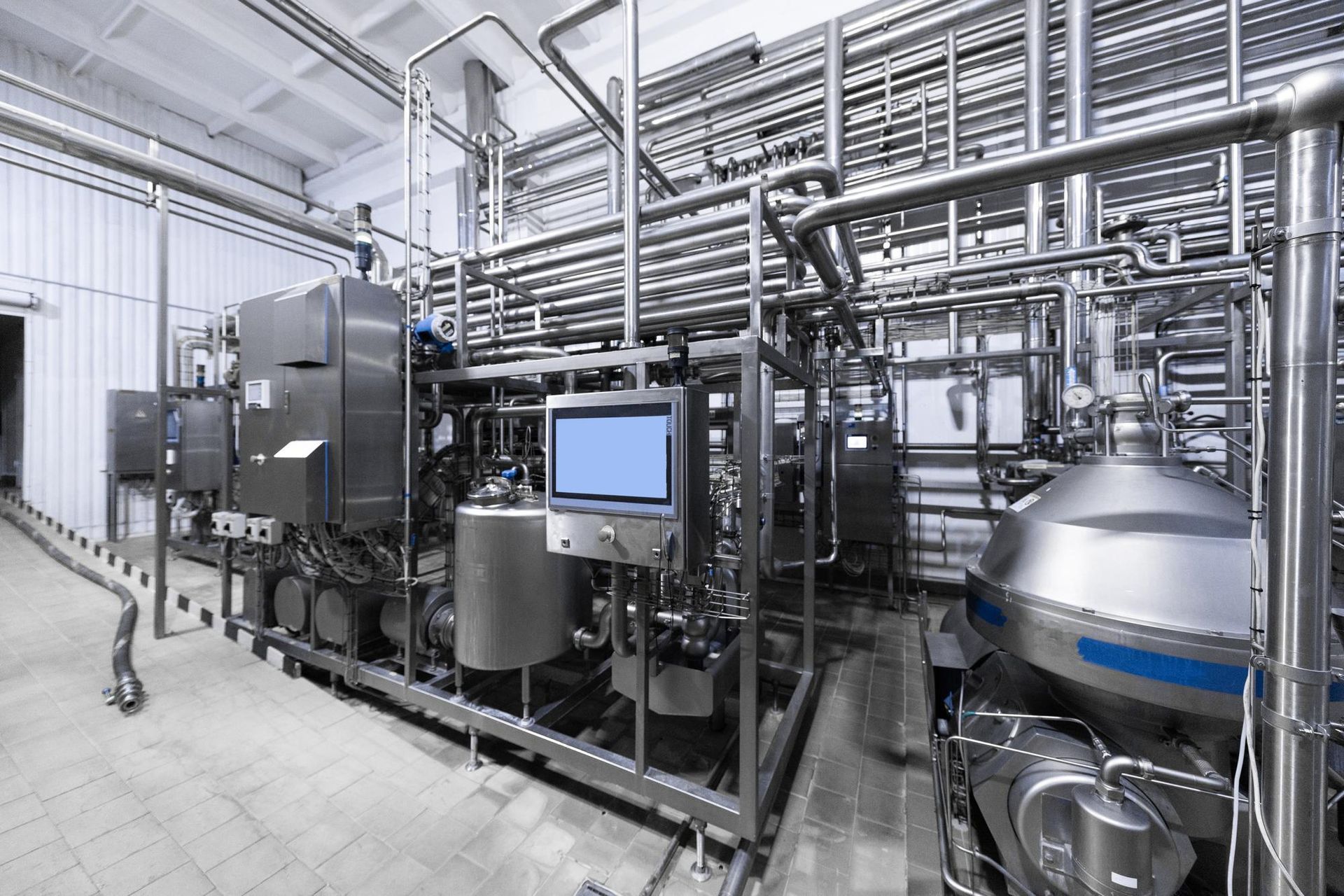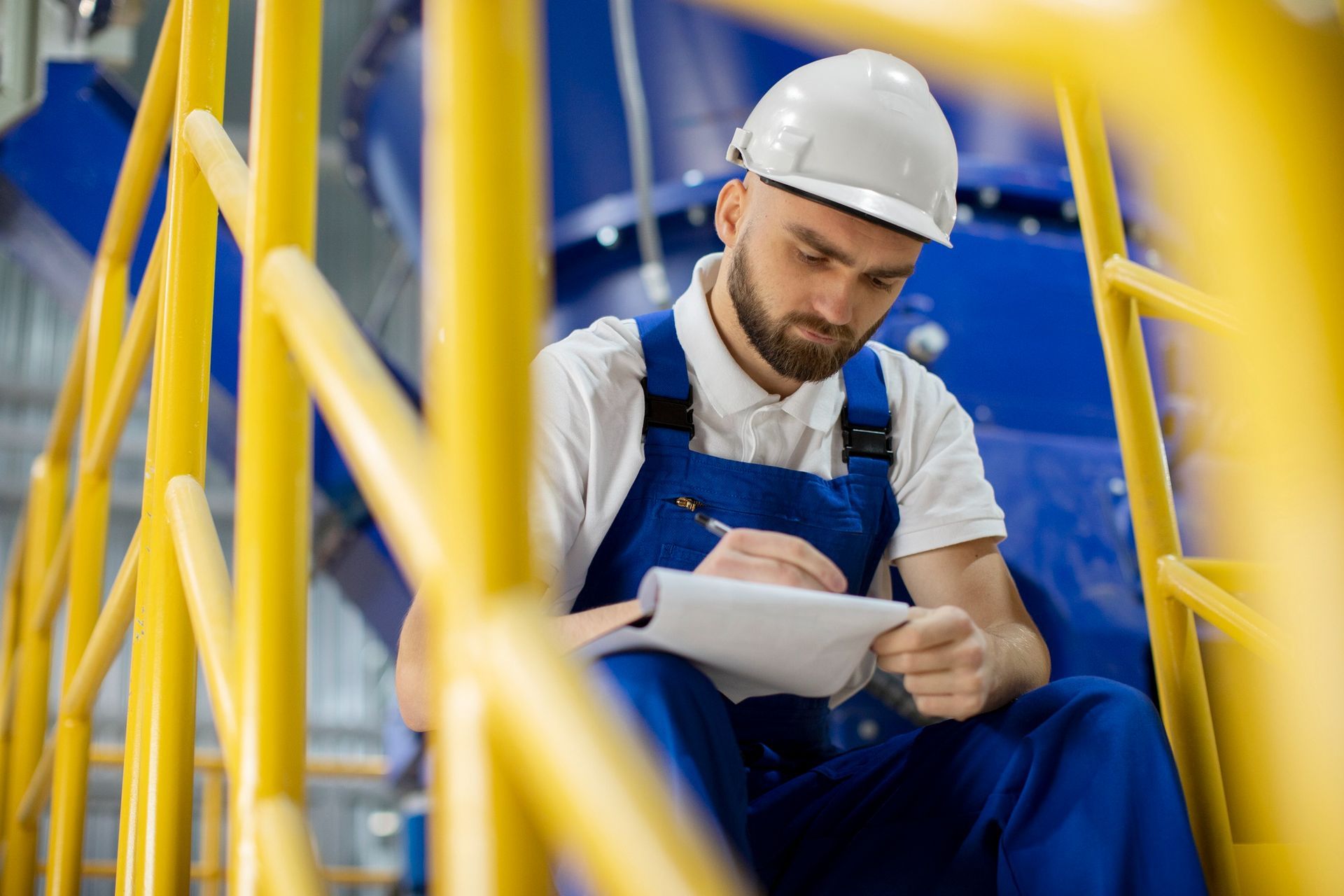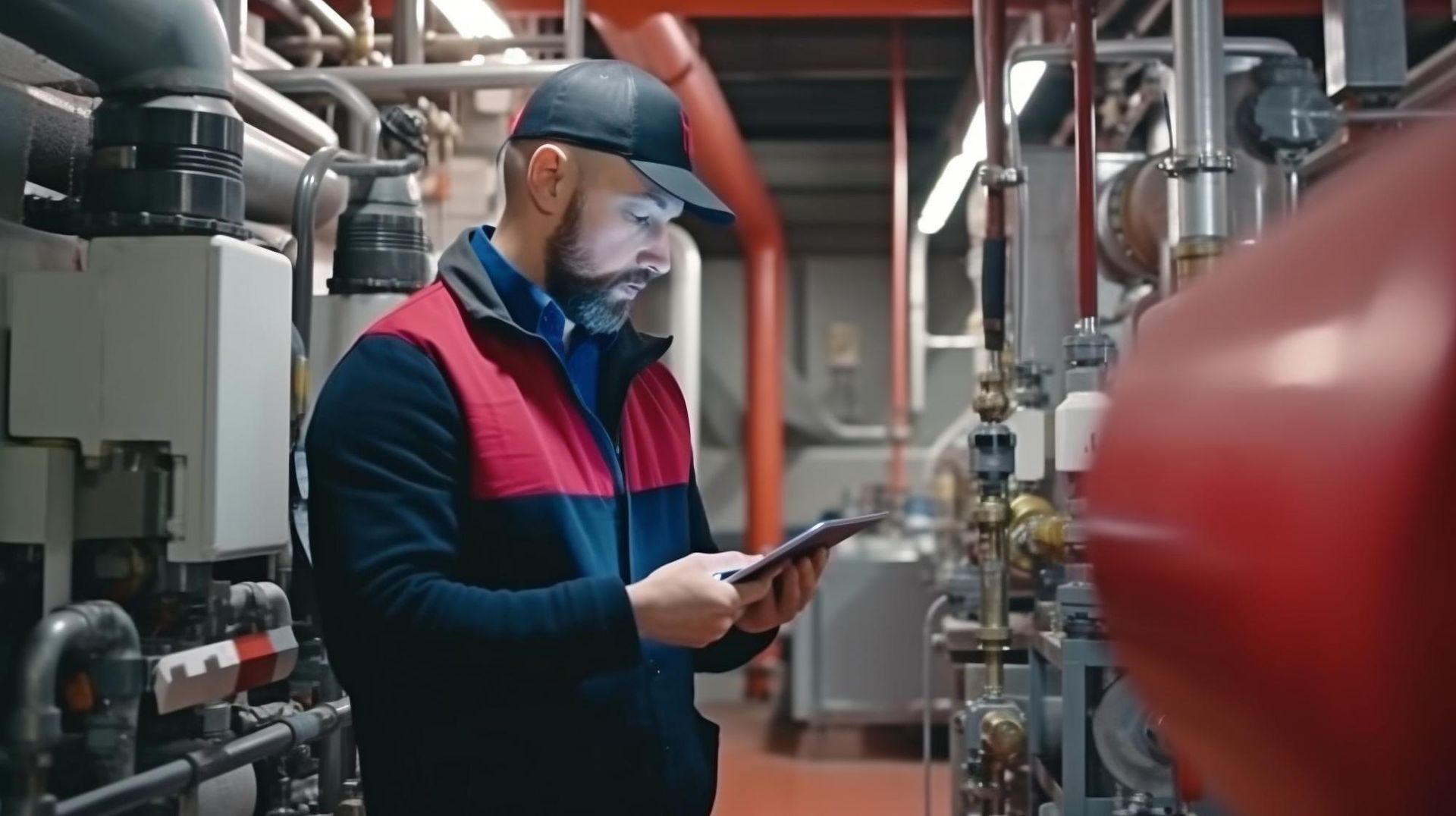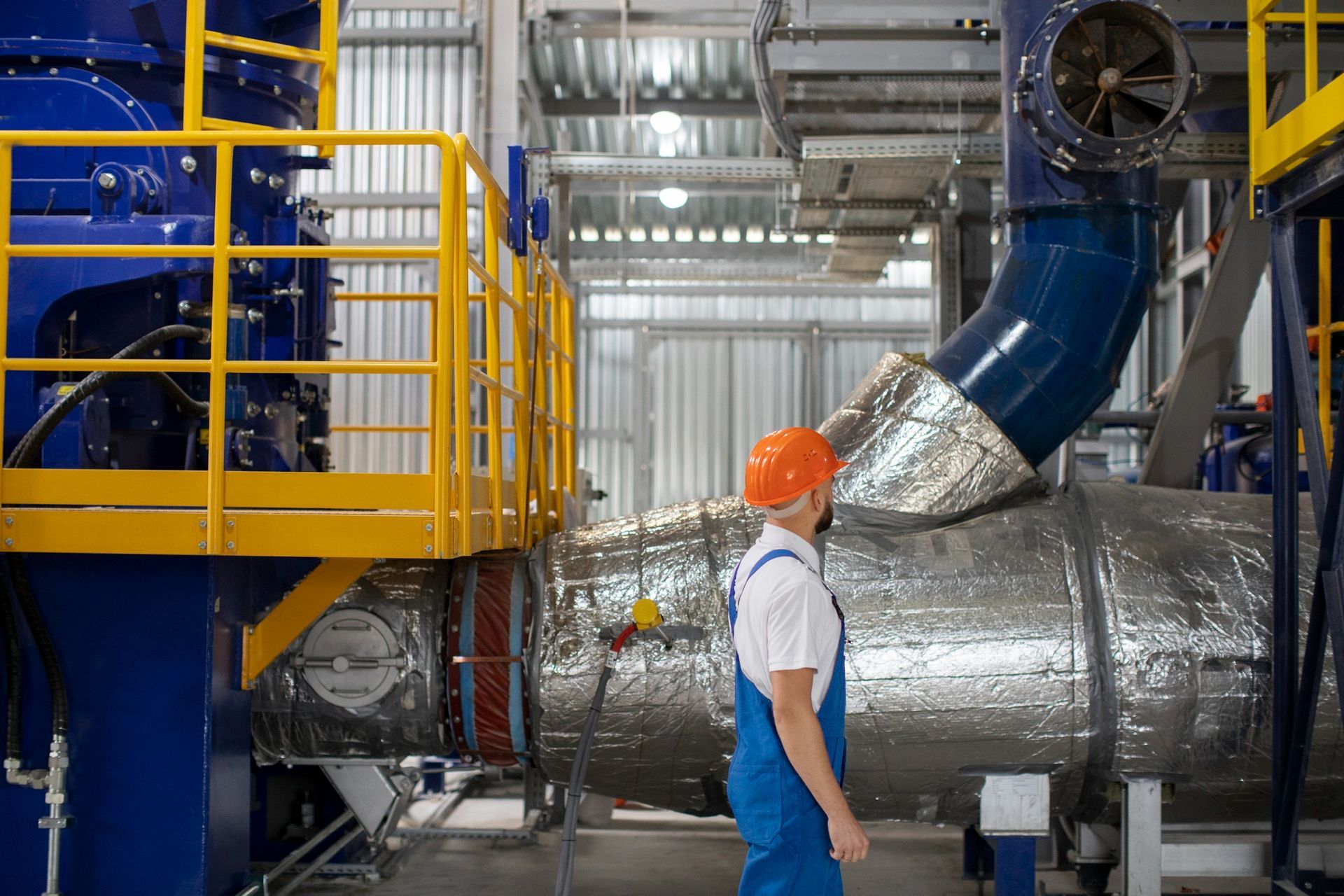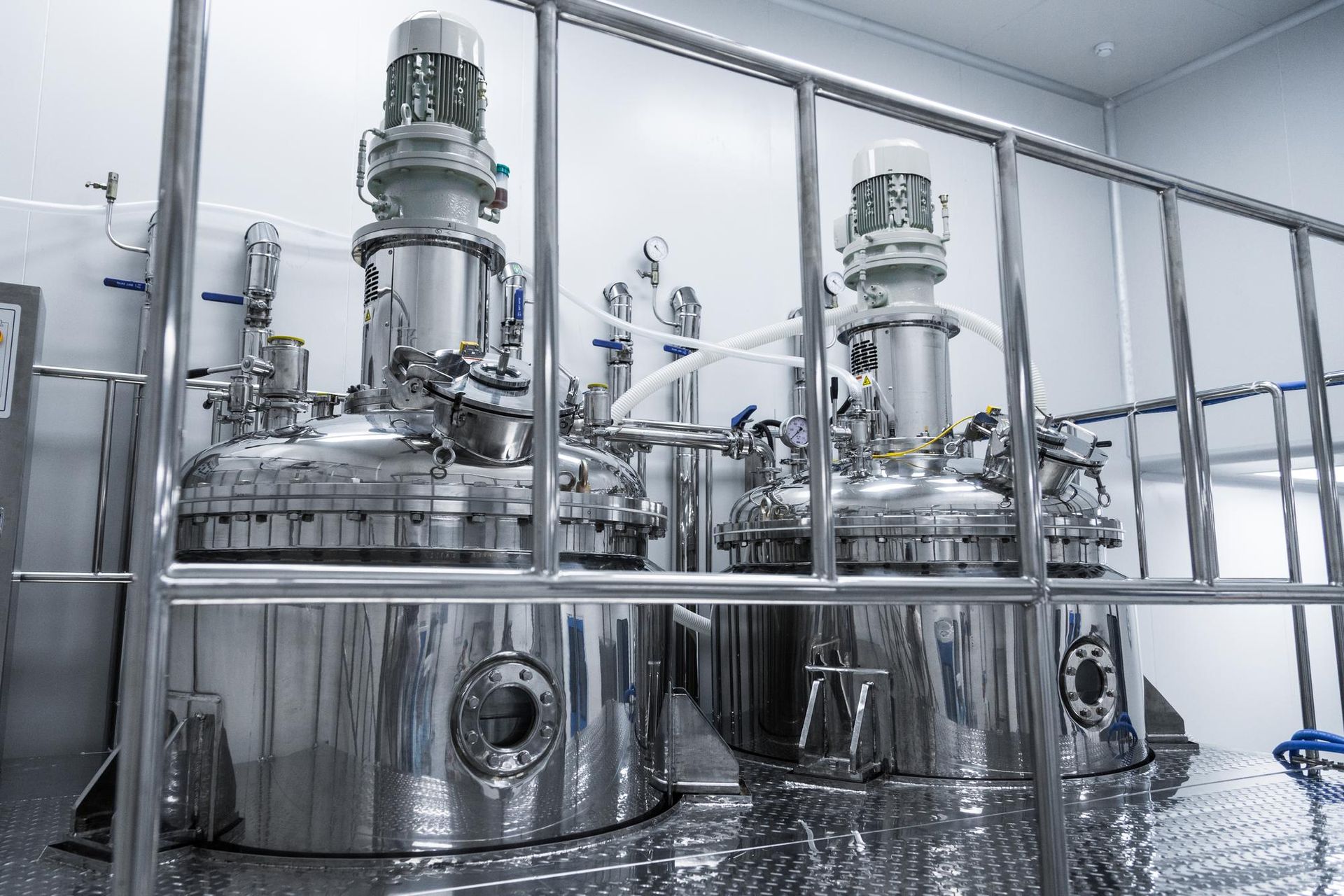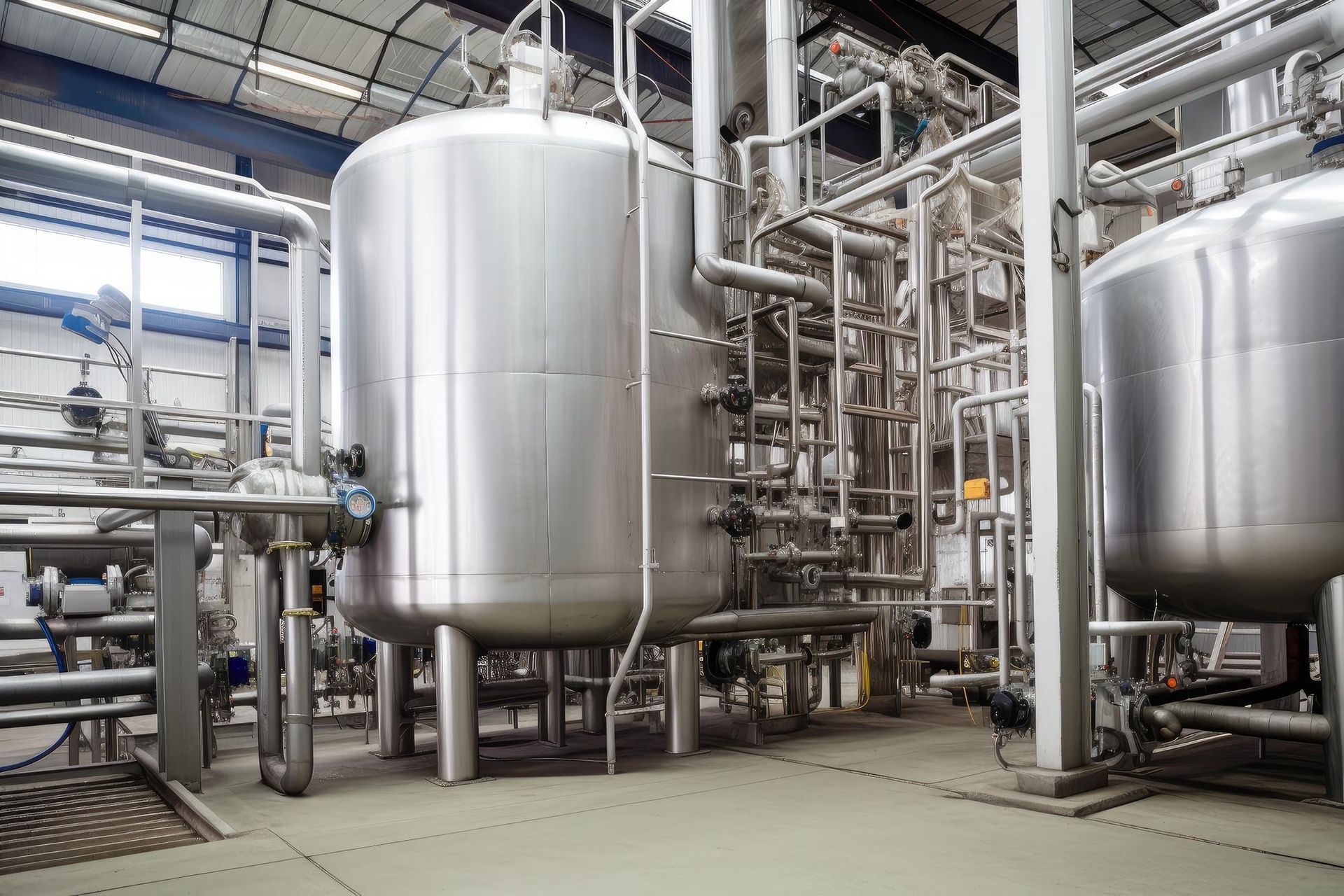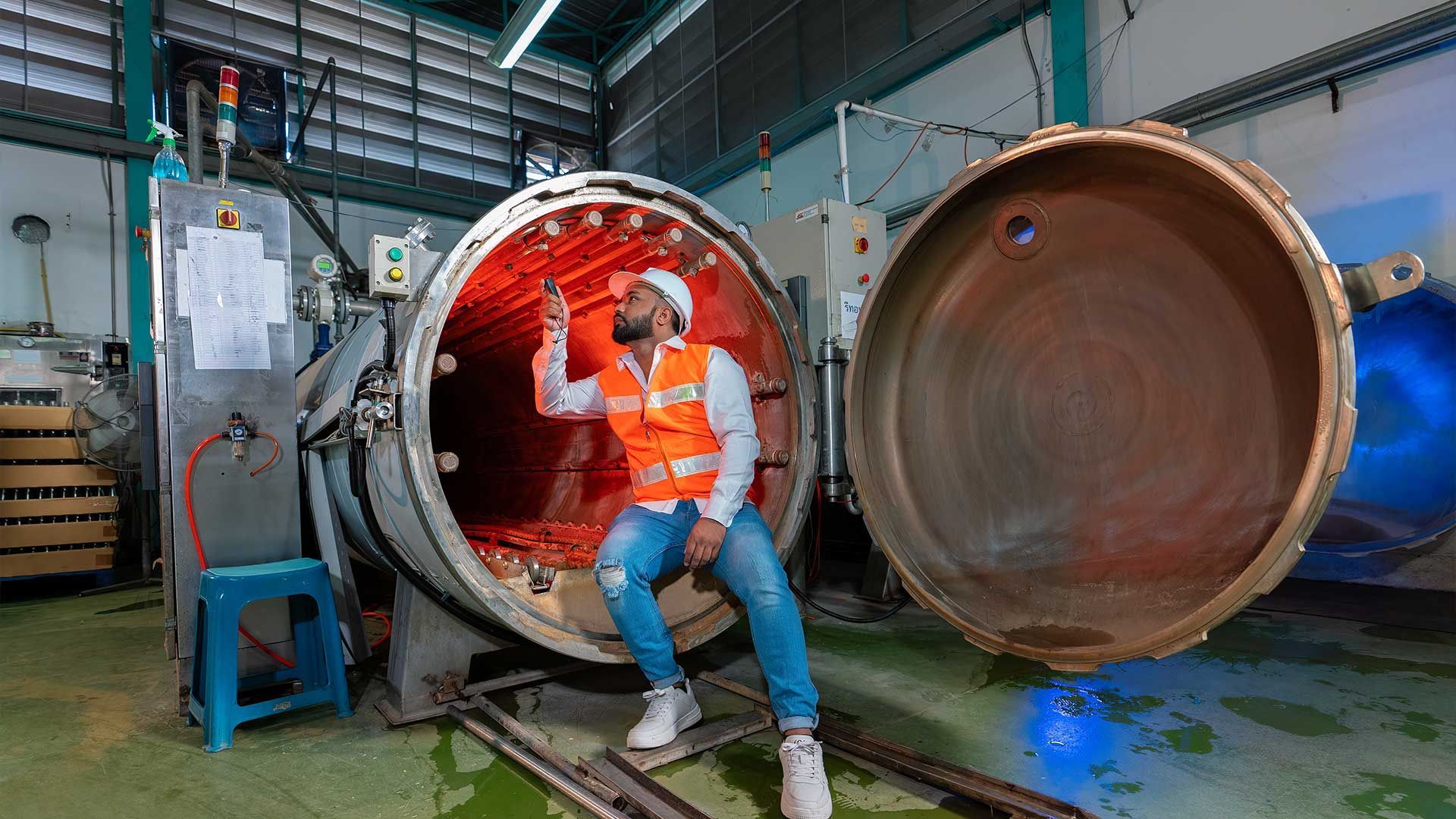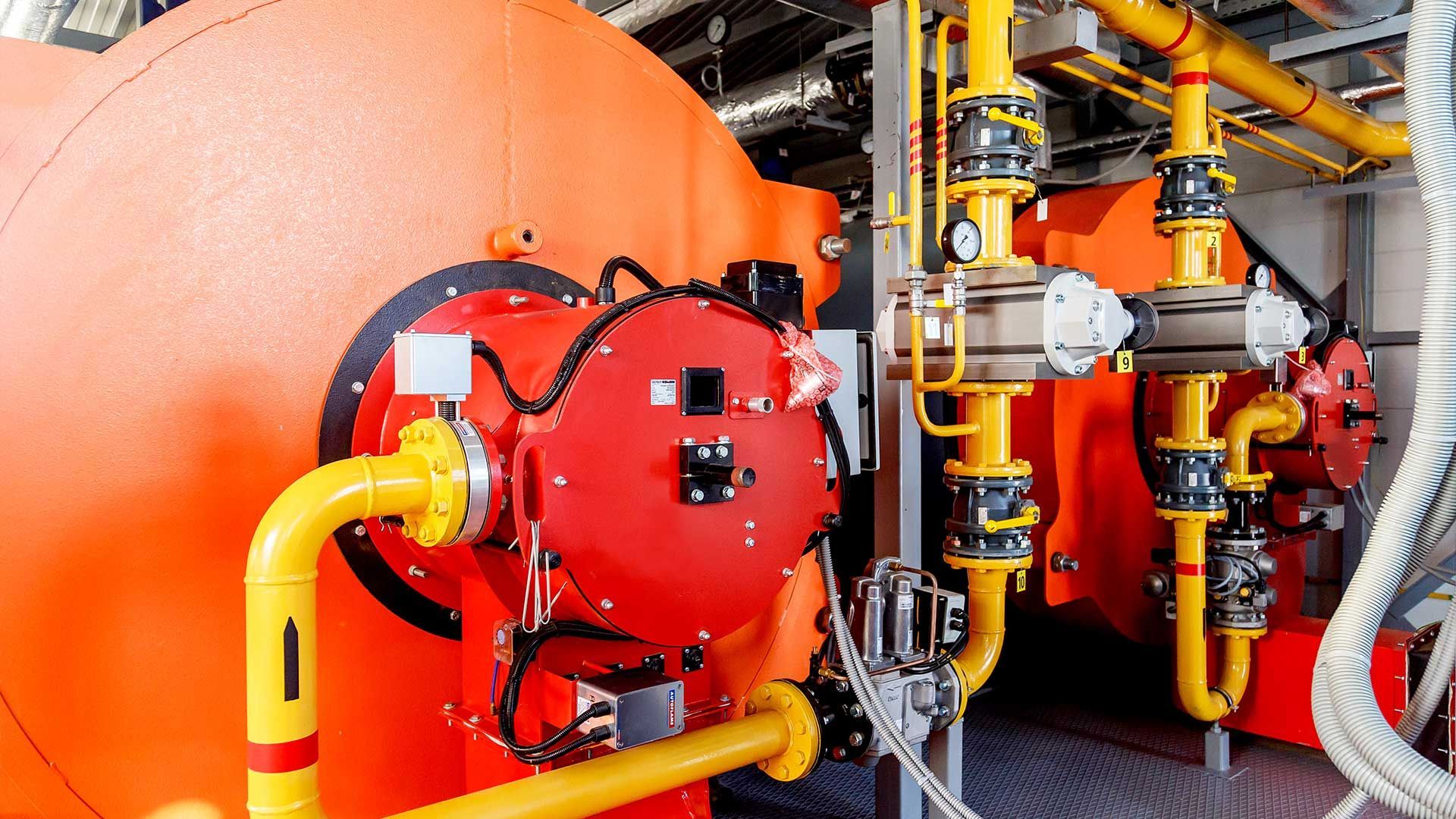Cost vs. Quality: How to Make the Best Decision for Commercial Boiler Installation
When it comes to commercial boiler installation, striking the right balance between cost and quality is crucial for any business. This decision doesn't just affect your upfront investment; it has long-term implications for your operational efficiency, safety, and financial health. Many business owners face the challenge of finding a solution that fits their budget without compromising on quality. In this article, we'll explore how to navigate this complex decision, ensuring your choice of commercial boiler meets your needs both now and in the future. Whether you're a small business or a large corporation, understanding the dynamics of cost versus quality in
boiler installation is essential for making an informed, cost-effective decision that aligns with your business's goals.
Understanding the Cost of Commercial Boilers
When you're planning for a commercial boiler installation, the first thing you often look at is the price. However, the cost of a boiler goes beyond the initial purchase price. It's essential to consider the entire lifecycle of the boiler, including installation and maintenance costs. High-quality boilers might have a higher upfront cost but can offer greater energy efficiency, leading to lower energy bills over time. On the other hand, a cheaper boiler might save you money upfront but could incur higher maintenance and operational costs.
Hidden costs also play a significant role. These can include the downtime during installation and future repairs, or the cost implications of a boiler not being as energy-efficient as another model. Therefore, when assessing the cost of commercial boilers, it's vital to look at the bigger picture. This means considering not only the purchase price but also the installation costs, the energy efficiency ratings, and the expected maintenance and repair costs over the boiler's lifespan. By doing so, you can make a more informed decision that balances short-term expenses with long-term savings and efficiency.
Quality: More Than Just a Price Tag
Quality should be a key consideration in your decision-making process for a commercial boiler. A high-quality boiler is an investment in the future of your business. It ensures longevity, reliability, and efficiency, which are crucial for uninterrupted business operations. Moreover, quality is directly linked to safety and compliance with industry standards and regulations. A well-made boiler reduces the risk of accidents and ensures that your business adheres to safety norms, which is not just a legal requirement but also a moral obligation to your employees and customers.
When evaluating the quality of a boiler, consider factors such as the reputation of the manufacturer, the materials used in construction, the technology incorporated, and the warranties or guarantees offered. A higher-quality boiler may require a larger initial investment, but it can save your business from frequent repairs, downtimes, and potential safety hazards. Plus, high-quality boilers often come with better efficiency ratings, meaning they use less energy to produce the same amount of heat, leading to lower utility bills.
In the next section, we'll delve into how you can evaluate your options and find the right balance between
cost and quality for your commercial boiler installation.
Evaluating Your Options: Cost vs. Quality
When faced with various choices for commercial boiler installation, it's essential to carefully evaluate each option in terms of both cost and quality. Start by determining your specific needs based on your business size, usage requirements, and energy efficiency goals. This will help you narrow down the options that are suitable for your situation.
To assess cost-effectiveness, look beyond the initial purchase price. Consider the total cost of ownership, which includes installation, operation, maintenance, and potential future repairs. Compare this against the expected lifespan and efficiency of the boiler. Remember, a less expensive boiler that requires frequent repairs or consumes more fuel can end up costing more in the long run than a higher-priced, more efficient model.
On the quality front, research the manufacturers and read reviews from other businesses. Look for boilers that have a proven track record of reliability and efficiency. Check the warranties and service agreements offered, as these can be indicative of the manufacturer's confidence in their product and can save significant amounts in future repair costs.
The Role of Professional Installers
Choosing the right professional installer is just as crucial as selecting the boiler itself. A skilled and experienced installer can ensure that your boiler is installed correctly, which is vital for its efficient operation and longevity. They can also offer valuable advice on the type of boiler that best suits your needs and help you understand the balance between upfront costs and long-term savings.
Professional installers can spot potential issues before they become problems, saving you money and downtime in the future. They are also up-to-date with the latest safety standards and regulatory compliance requirements, ensuring that your installation adheres to all legal guidelines.
In the next section, we'll explore the long-term considerations you need to keep in mind when making your decision on
commercial boiler installation.
Long-Term Considerations
When investing in a commercial boiler, it's vital to think long-term. The decisions you make now will affect your business for years to come. An initially cheaper boiler might seem like a good deal, but if it leads to higher energy bills, frequent repairs, and maintenance issues, it could end up being more expensive in the long run. Conversely, investing in a high-quality, energy-efficient boiler can lead to significant savings over time, despite the higher upfront cost.
One key aspect to consider is the boiler's energy efficiency. A more efficient boiler can drastically reduce your energy bills, making a big difference in your operational costs. Additionally, consider the reliability and lifespan of the boiler. A durable, well-built boiler will require fewer repairs and replacements, leading to lower costs over its lifetime.
It's also important to factor in maintenance and service agreements. Regular maintenance is crucial for keeping your boiler running efficiently and safely. Some manufacturers offer service agreements that can help manage these costs and ensure your boiler is always in top condition.
Finally, consider the impact of your boiler on the environment.
Eco-friendly boilers not only help reduce your carbon footprint but may also qualify for government incentives or rebates, further offsetting the initial investment cost.
Conclusion
In conclusion, when it comes to commercial boiler installation, the key is to find the right balance between cost and quality. While it may be tempting to opt for the cheapest option, it's important to consider the total cost of ownership, including energy efficiency, maintenance, and potential future repairs. Investing in a high-quality boiler can save your business money in the long run, not to mention the added benefits of reliability, safety, and compliance with regulations.
For expert advice and installation services, don't hesitate to reach out to
Boiler Technologies Unlimited. Our team of skilled professionals can guide you through the process, ensuring you make the best decision for your business. Contact us at
813-469-7733 for a consultation and take the first step towards an efficient and cost-effective boiler installation.
Now, let's address some frequently asked questions related to commercial boiler installation.


